Rainforest-edge school scheme beats O’Donnell & Tuomey and Nikken Sekkei projects
A school complex designed by Brazilian architects Aleph Zero and Rosenbaum has won 2018’s RIBA International Prize.
The practices’ Children Village project, on the edge of the rainforest in northern Brazil, beat entries by O’Donnell & Tuomey, Nikken Sekkei and Boeri Studio in the judgement of a jury chaired by Elizabeth Diller of Diller Scofidio & Renfro.
Designed to provide boarding accommodation for 540 children aged between 13 and 18 who attend the Canuanã School, the 25,000sq m project is one of 40 schools funded and run by the Bradesco Foundation. Pupils at the school come from remote areas of the country, many of them travelling for hours by boat.
The complex is split into two identical parts – one for girls and one for boys, and was designed in collaboration with children to create a home from home. The new accommodation replaces dormitories for 40 children with rooms for six, which are centred around large and well-shaded courtyards at ground-floor level.
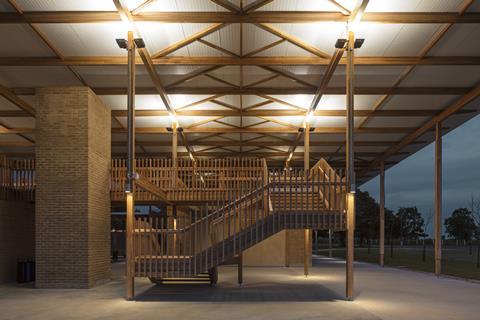
On the first floor are flexible communal spaces, including reading areas, TV rooms, balconies and hammocks.
The grand jury said Aleph Zero and Rosenbaum had “cleverly addressed” the area’s tropical climate, which rises above 40C in summertime, with a large canopy roof made of cross-laminated timber beams and columns.
“The overhanging canopy design has created an intermediary space, between inside and out, giving the effect of a large veranda overlooking the surrounding landscape and creating a comfortable environment with no need for air conditioning,” they said.
“The building is constructed with local resources and based on local techniques. Earth blocks handmade on site were used to construct the walls and latticework, chosen for their thermal, technical and aesthetic properties.
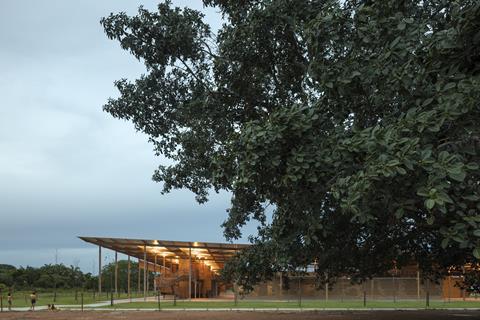
“As well as being cost effective and environmentally sustainable, this approach creates a building with strong connections to its surroundings and with the community that it serves.”
The jury concluded that the combination of a contemporary aesthetic with traditional techniques amounted to “reinventing Brazilian vernacular”.
Joining Diller on the panel were Kazuyo Sejima of Sanaa, Joshua Bolchover of Rural Urban Framework, Gloria Cabral of Gabinete de Arquitectura and Peter Clegg of Feilden Clegg Bradley Studios.
The RIBA International Prize was first awarded in 2016 and is a biennial accolade. The original winner was Grafton Architects’ Universidad de Ingeniería y Tecnología in Lima, Peru.
RIBA International Prize 2018 shortlist
Aleph Zero and Rosenbaum Children Village, Tocantins, Brazil. Boarding accommodation for 540 senior school children at the Canuanã School.
O’Donnell & Tuomey Central European University (phase 1), Budapest, Hungary. A new university campus in the heart of Budapest that successfully links old buildings and courtyards to create vibrant new spaces. The university is facing expulsion from the building for political reasons.
Nikken Sekkei Toho Gakuen School of Music, Tokyo, Japan. A new virtuoso music school designed to visually connect, rather than isolate, practising musicians.
Boeri Studio Il Bosco Verticale (Vertical Forest), Milan, Italy. The second of two residential towers in Milan in which trees and humans coexist, designed to set a new standard in sustainable housing.









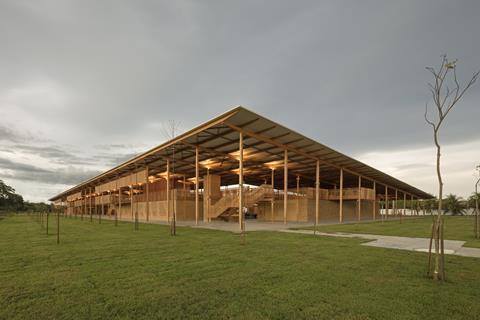
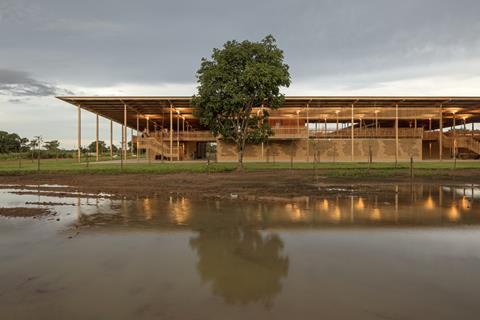
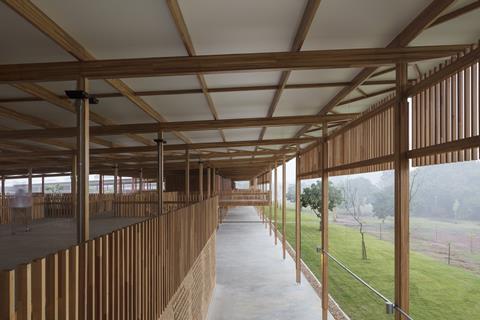


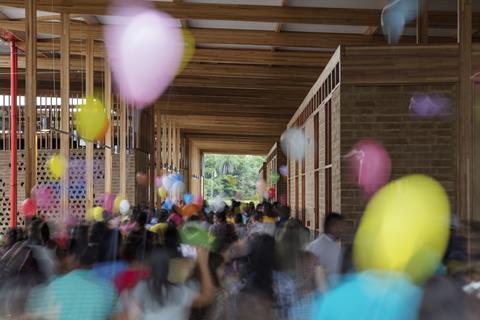







3 Readers' comments